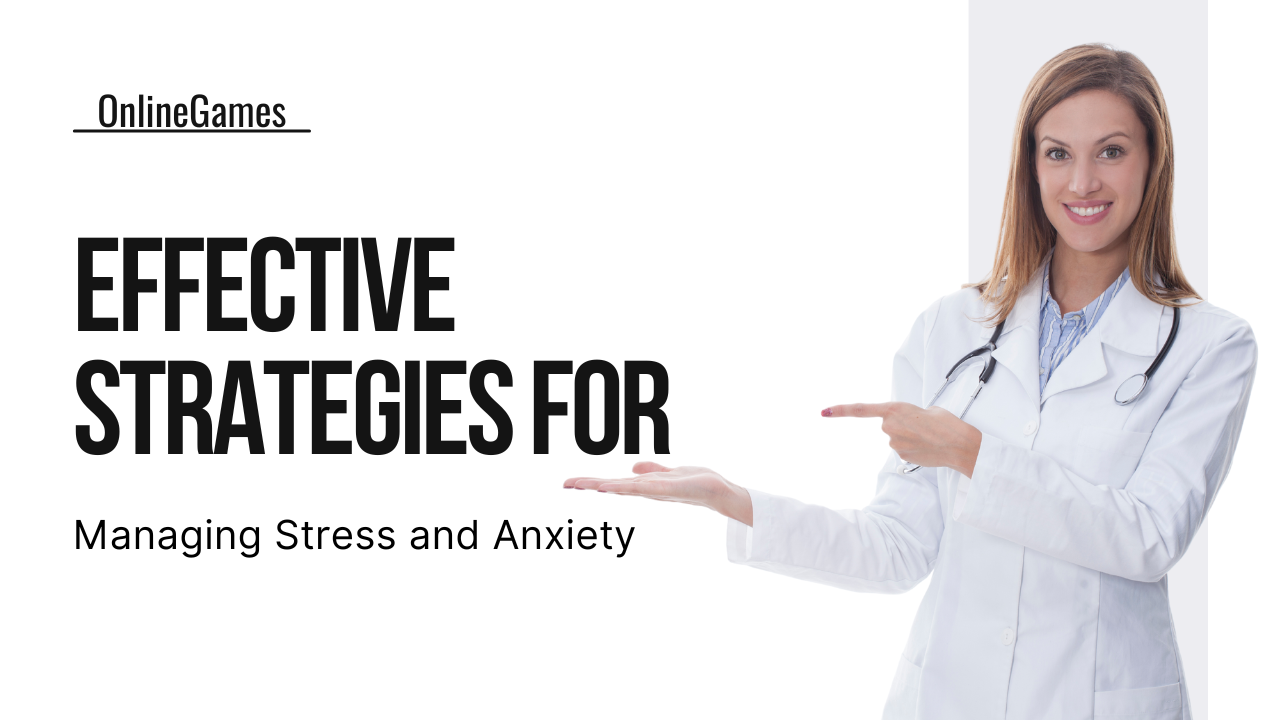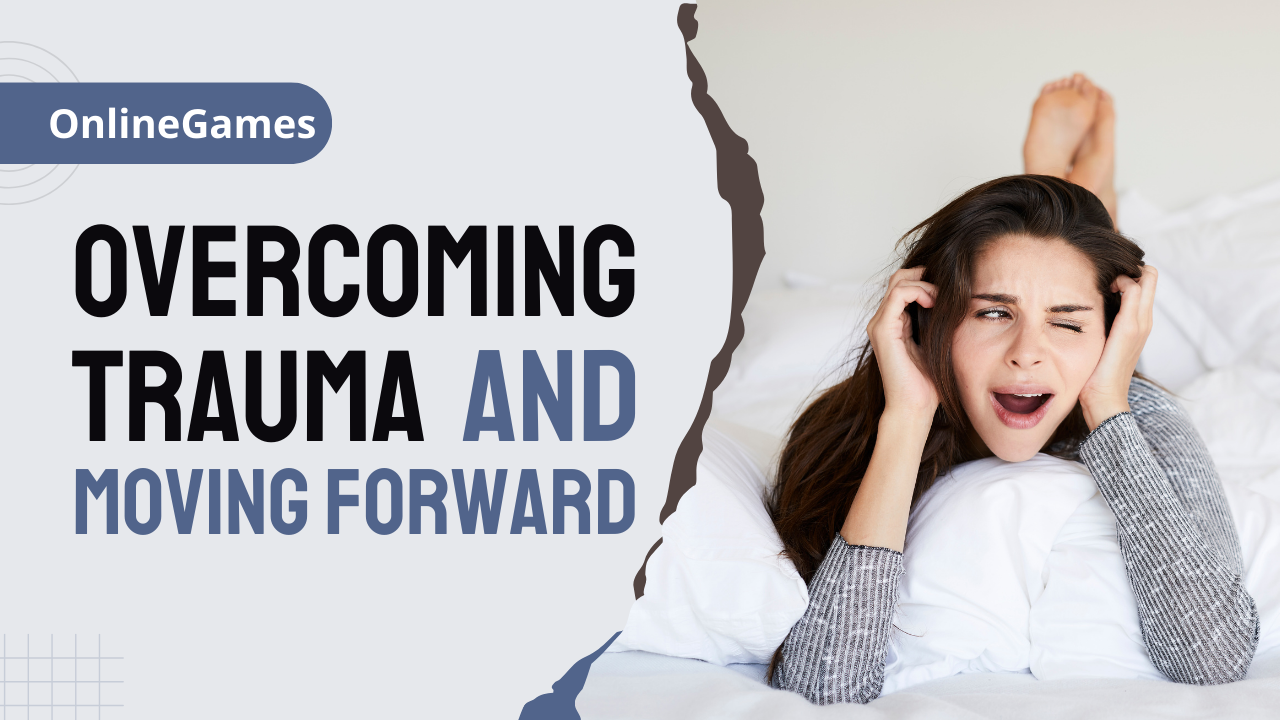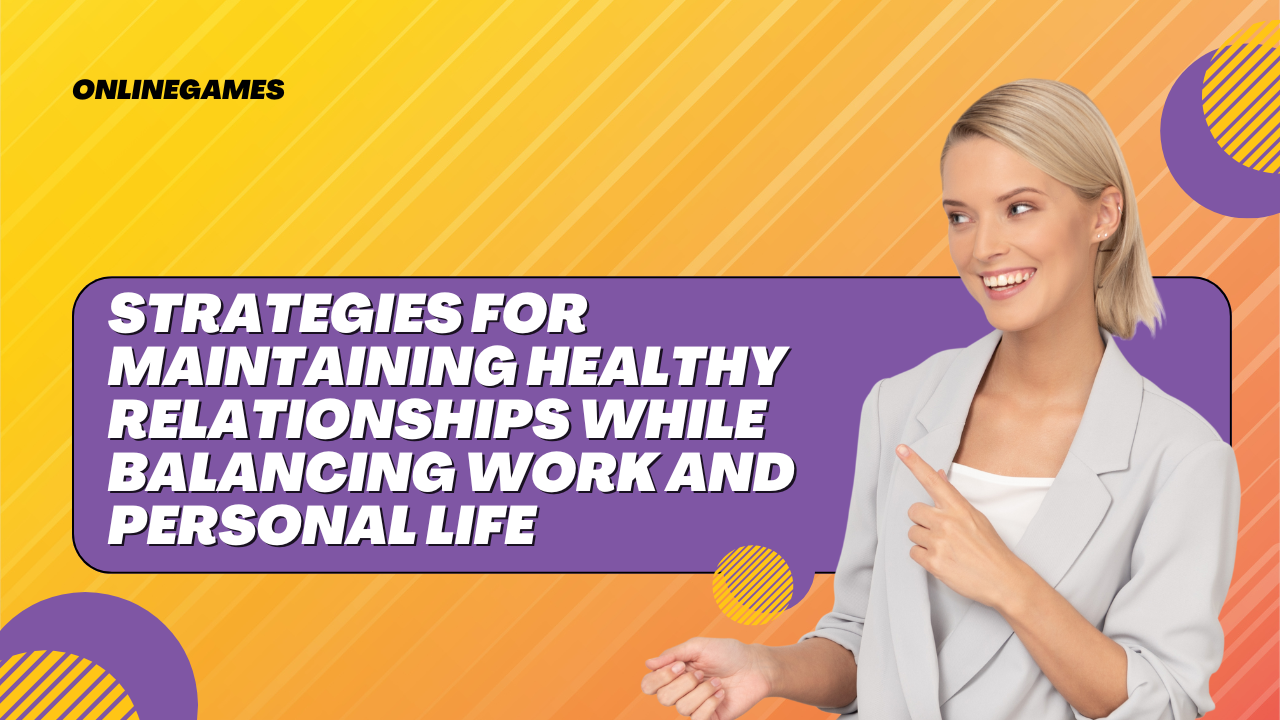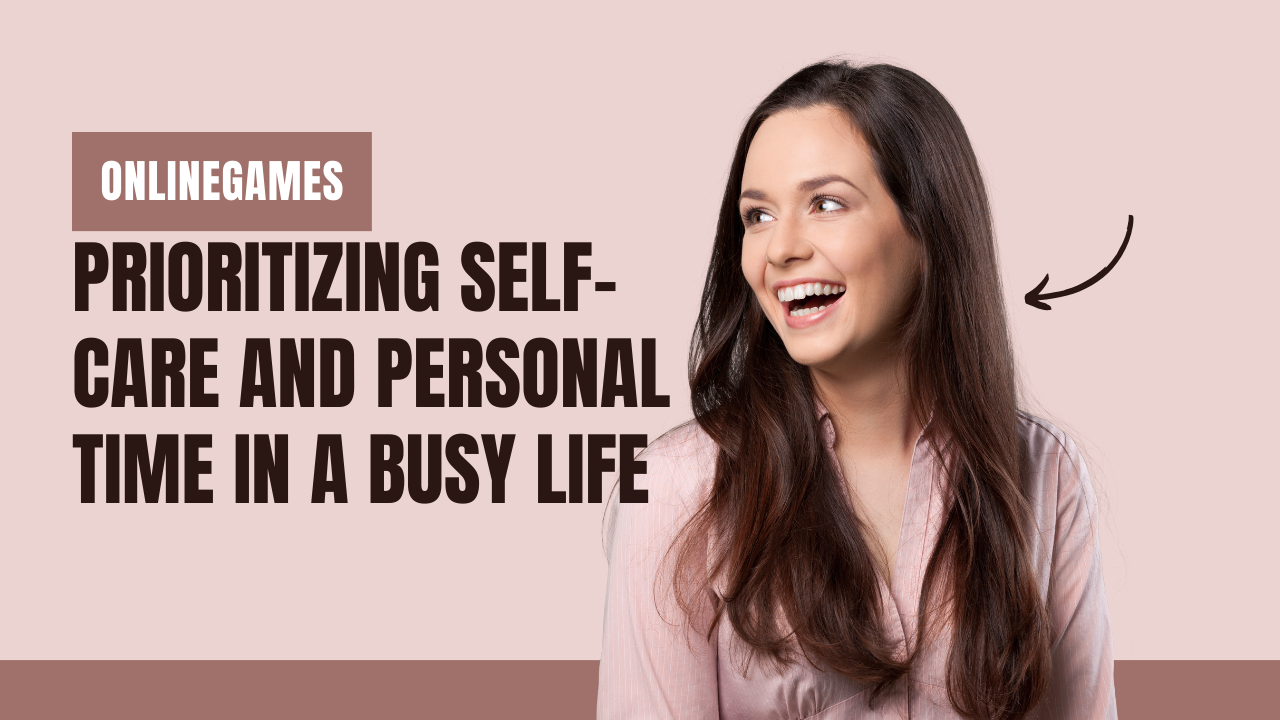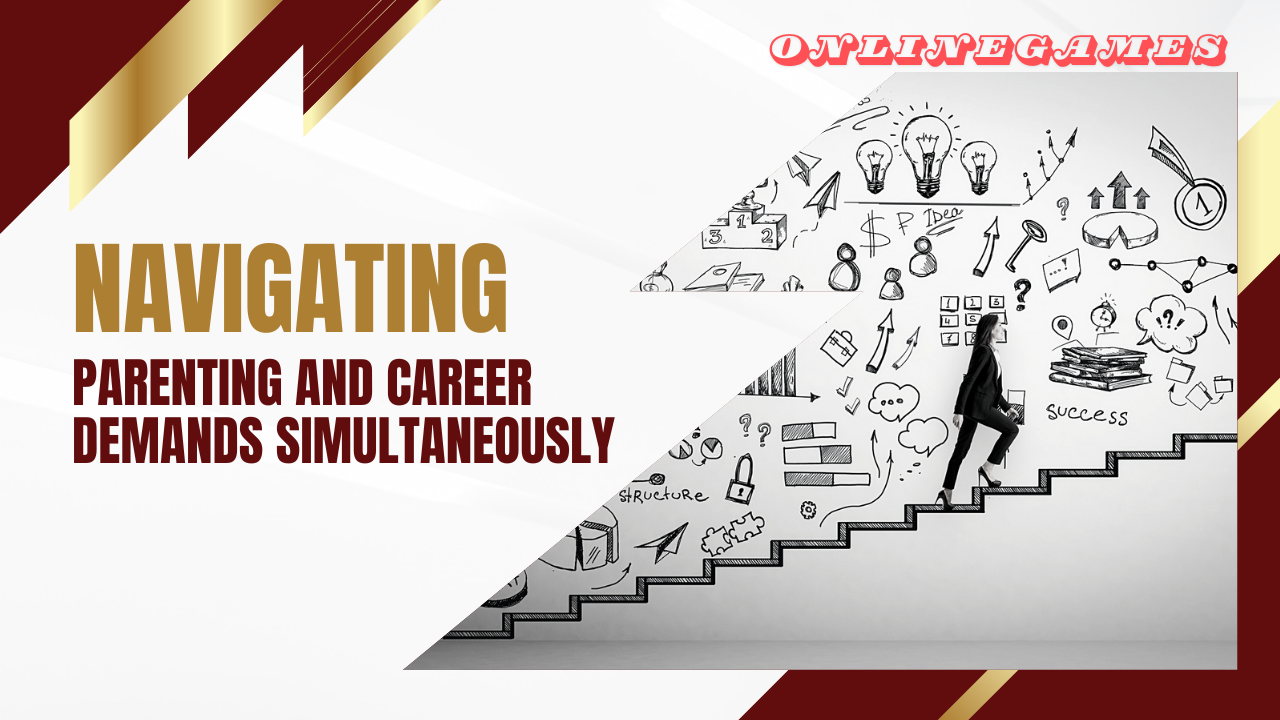In today’s fast-paced and demanding world, managing stress and anxiety has become increasingly important for maintaining overall well-being. Chronic stress and anxiety can negatively impact both physical and mental health, making it essential to adopt effective strategies to mitigate these effects. This comprehensive guide explores various evidence-based techniques and lifestyle adjustments that can help individuals effectively manage and reduce stress and anxiety.
Understanding Stress and Anxiety
Differentiating Between Stress and Anxiety
Stress is a natural response to challenging or threatening situations, triggering the body’s “fight or flight” response. It can be caused by various factors such as work pressure, financial concerns, or relationship issues. Anxiety, on the other hand, involves persistent worry or fear about future events or everyday situations. While some levels of stress and anxiety are normal, prolonged or intense feelings can be detrimental to health.
Impact of Stress and Anxiety
Chronic stress and anxiety can lead to numerous health problems, including high blood pressure, heart disease, weakened immune system, and mental health disorders like depression. Addressing stress and anxiety proactively is crucial for preventing these long-term consequences.
Effective Strategies for Managing Stress
1. Mindfulness Meditation
Mindfulness meditation involves focusing on the present moment without judgment. It helps individuals become more aware of their thoughts and feelings, reducing stress by promoting relaxation and clarity of mind. Regular practice can enhance resilience to stressors.
2. Deep Breathing Exercises
Deep breathing exercises, such as diaphragmatic breathing or belly breathing, activate the body’s relaxation response. They help reduce the physiological symptoms of stress, such as increased heart rate and muscle tension, promoting a sense of calmness and well-being.
3. Physical Activity
Regular exercise is one of the most effective ways to combat stress. Physical activity releases endorphins, natural mood lifters that reduce stress hormones like cortisol. Whether it’s aerobic exercises like running or dancing, or calming activities like yoga or tai chi, finding enjoyable forms of exercise is key.
4. Healthy Lifestyle Habits
Maintaining a healthy lifestyle can significantly reduce stress levels. This includes getting an adequate amount of sleep each night, eating a balanced diet rich in fruits, vegetables, and whole grains, limiting caffeine and alcohol consumption, and staying hydrated.
5. Time Management and Prioritization
Effective time management can help reduce stress by ensuring tasks are completed promptly, and avoiding last-minute rushes or overwhelming workloads. Prioritizing tasks based on importance and deadlines can also alleviate stress associated with feeling overwhelmed.
Effective Strategies for Managing Anxiety
1. Cognitive-Behavioral Techniques
Cognitive-behavioral techniques, such as cognitive restructuring and exposure therapy, are effective in managing anxiety. They involve identifying and challenging negative thought patterns and gradually facing feared situations to reduce anxiety responses.
2. Relaxation Techniques
In addition to deep breathing, other relaxation techniques such as progressive muscle relaxation, guided imagery, and biofeedback can help calm the mind and body during periods of heightened anxiety.
3. Limiting Exposure to Stressors
Identifying triggers of anxiety and minimizing exposure to stressful situations or environments can prevent anxiety from escalating. This may involve setting boundaries, delegating tasks, or avoiding certain stress-inducing activities when possible.
4. Seeking Social Support
Talking to trusted friends, family members, or a therapist about anxiety can provide emotional support and practical advice. Connecting with others who understand and validate feelings of anxiety can reduce feelings of isolation.
5. Mind-Body Practices
Incorporating mind-body practices such as yoga, tai chi, or qigong can promote relaxation and mindfulness while enhancing physical and emotional resilience to stress and anxiety.
Effectively managing stress and anxiety requires a combination of strategies tailored to individual needs and preferences. By incorporating mindfulness meditation, deep breathing exercises, regular physical activity, healthy lifestyle habits, cognitive-behavioural techniques, and seeking social support, individuals can proactively reduce stress and anxiety levels. Taking proactive steps towards managing stress and anxiety not only improves overall well-being but also enhances resilience in facing life’s challenges.






